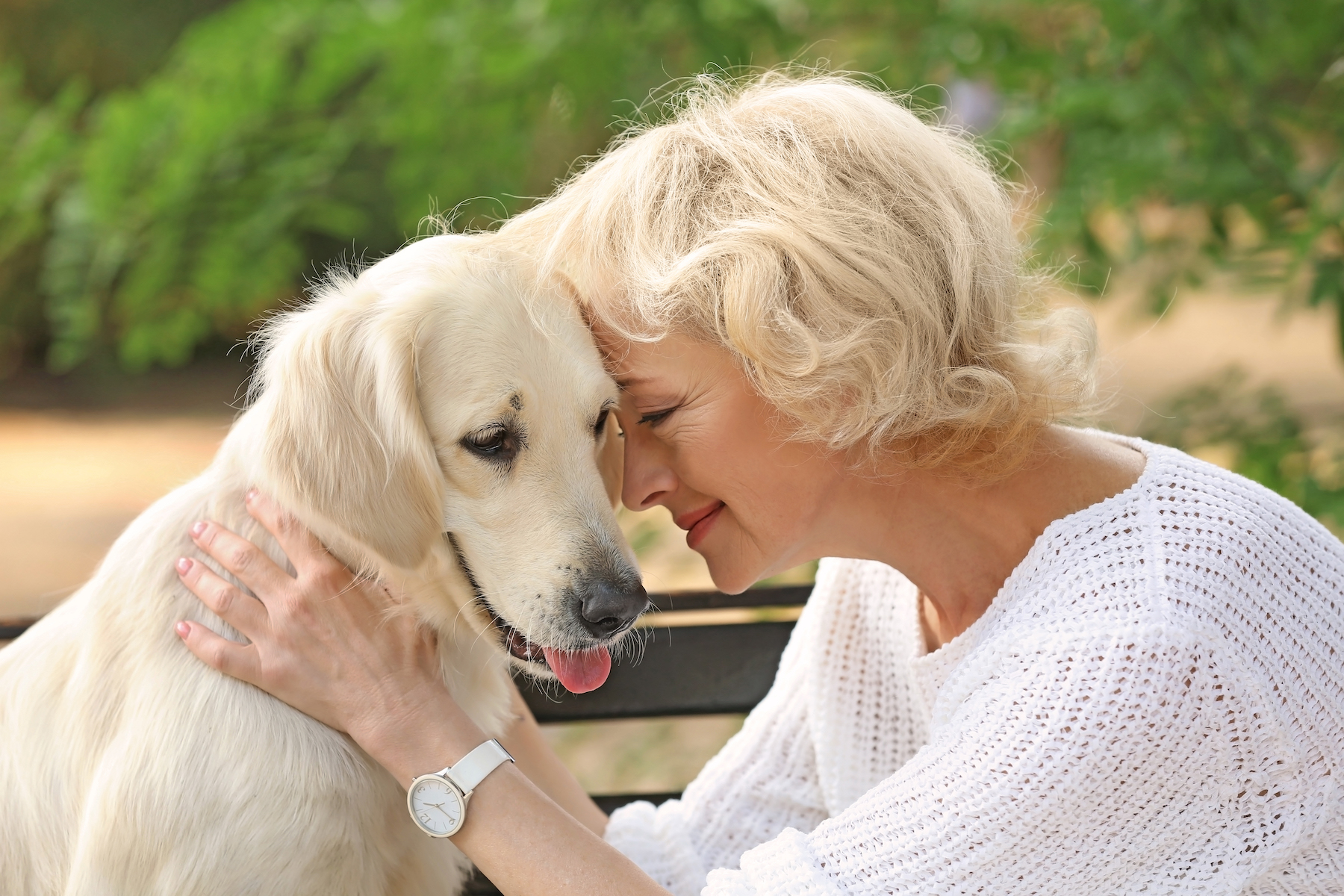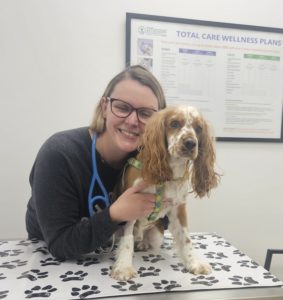How to Care for an Aging Pet
Much like their human counterparts, pets need special care and consideration as they age. Joints get a bit stiffer, they may not be as spry, and the food that once was a treat may now result in stomach upset. If your pet is entering into their golden years, we’ve got some suggestions to help you during this special time with your pet.
More Frequent Vet Visits
As pets age, they become more susceptible to diseases and other medical conditions. Contact your vet and figure out a proper schedule given your pet’s breed and past medical history, so that you can better keep an eye on changes in your pet’s health and not be surprised by them.
Monitor Their Weight
As your pet ages, their metabolism slows and they may not be as active as they once were, resulting in weight gain. While it’s expected that a senior dog may gain a little, you want to monitor their weight and make sure it stays within a healthy range for their species and breed. If you find your furry friend is packing on the pounds, speak with your vet about changing your pet’s diet to help lose the weight.
Keep Them Exercising
As long as your pet seems fine with their exercise routine, there’s no reason to stop it. Regular exercise helps to keep them healthy and happy. Don’t be surprised, though, if there is a bit of a slowdown as they age. But as long as they are able, keep taking those walks and playing fetch.
Proper Dental Hygiene
Proper healthcare starts with the mouth. Pet mouths can be a breeding ground for all sorts of bacteria that can have a negative impact on their aging bodies. If your pet will allow it, brush their teeth on a regular basis. You can use a soft bristle toothbrush or purchase special pet finger toothbrushes from the pet store. Another way to prevent decay is to provide your pet with special treats and toys designed to help clean teeth as they chew and play.
Help Them Groom
Another issue for aging pets is grooming. Often, they may groom less frequently or not as thoroughly as they used to. This can be a result of age-related illness or stiff joints. Whatever the reason, help them out by routinely brushing them and be ready to increase the number of baths given. If part of their grooming problem is around the tail area following going to the bathroom, keep some scent-free, sensitive skin baby wipes on hand to help clean the area.
While it may require a bit more effort on your part, having a senior pet in the home can be a wonderful thing. Take the time to learn about what this means for your household and contact us to set up a time to walk you through what you might expect for your cuddly best friend.







